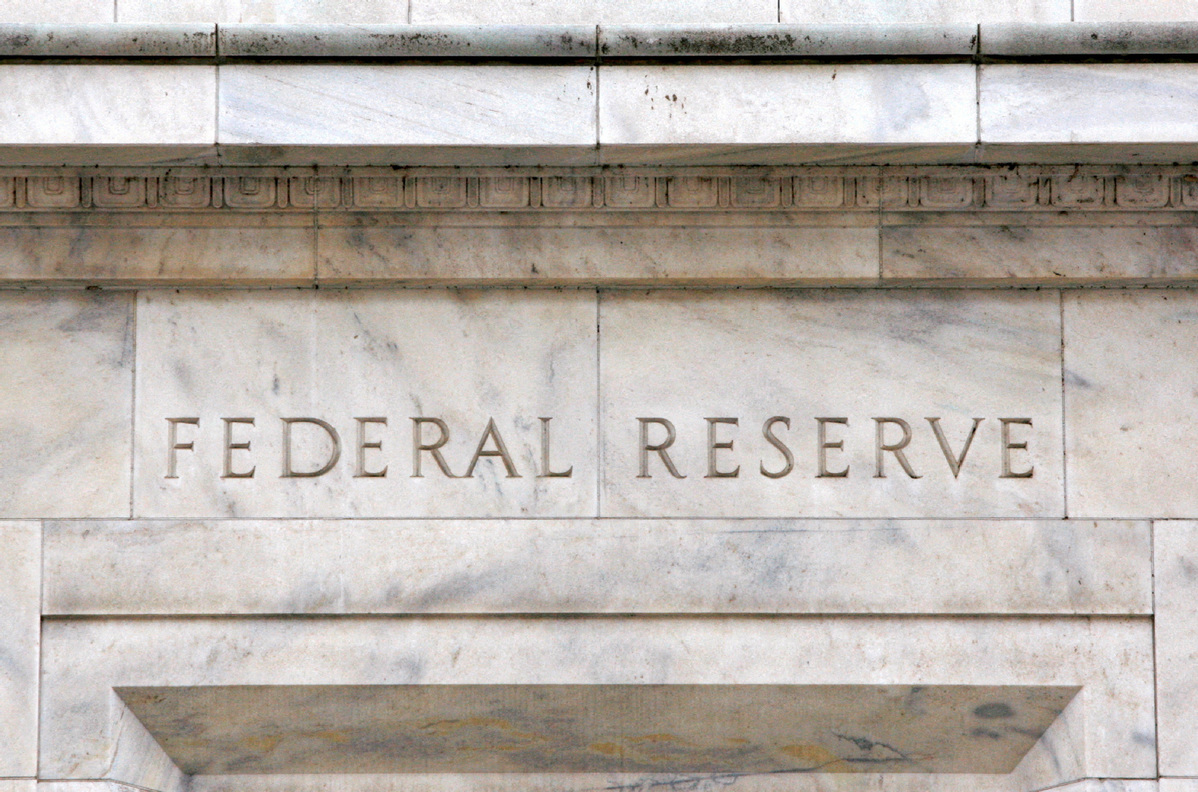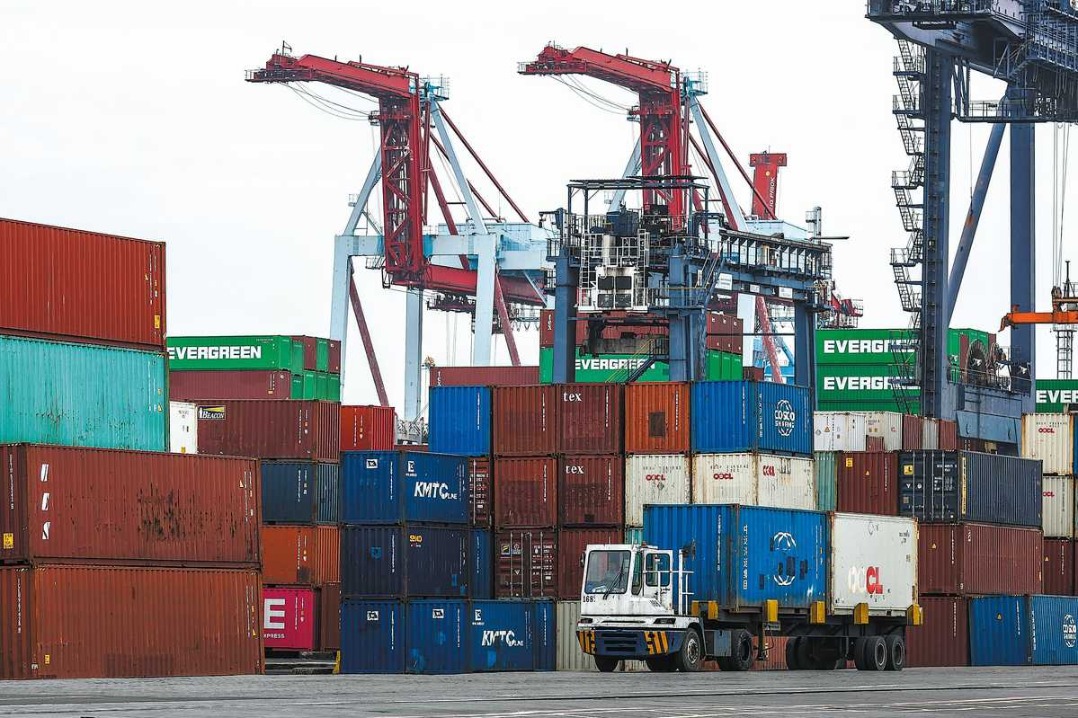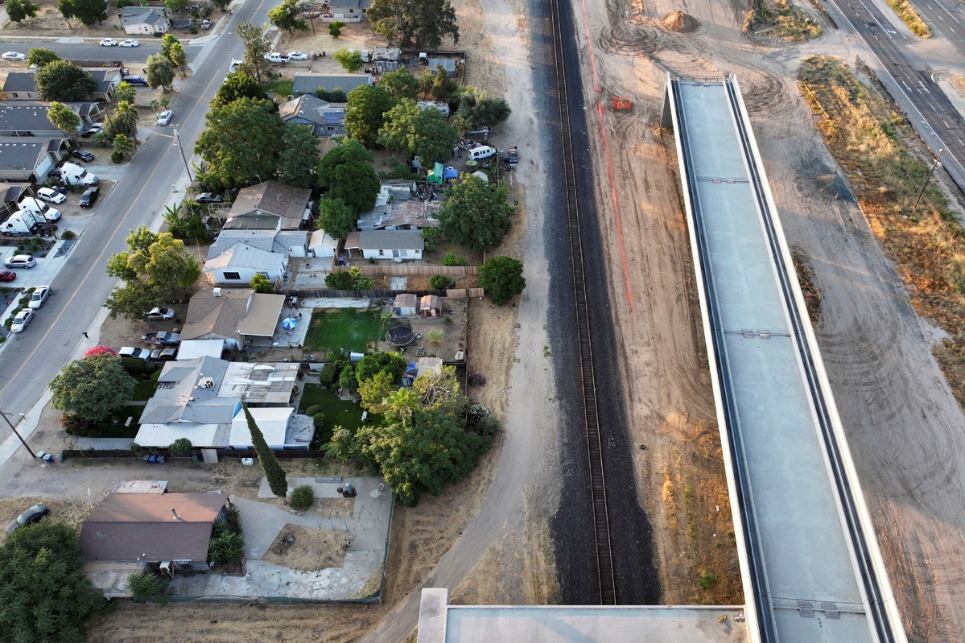Fed raises rates, but will proceed with caution on future hikes


Now what does the Fed do?
After delivering its 10th straight rate increase on Wednesday, the Federal Open Market Committee of the Federal Reserve hinted that a pause may be in the offing.
That is not surprising because the Fed has come under heavy criticism for raising rates too high too fast and is being blamed for a liquidity crisis and failures among regional banks.
And it's not as if the Fed may be "pausing" because inflation has been tamed — it hasn't.
The unanimous decision lifted the central bank's benchmark overnight interest rate to the 5 percent-5.25 percent range in a hiking cycle that started in March 2022.
The Fed no longer says it "anticipates" further rates will be needed, only that it will watch incoming data to determine if more hikes "may be appropriate".
"For me, the key was a change of a single word, saying that they believe that they will be determining whether future raises are necessary, whereas last time they said that they are anticipating that further rate hikes will be necessary," said Sam Stovall, chief investment strategist at CFRA Research in New York. "With the word 'determining' in place of 'anticipating' is essentially telling the markets that the Fed is now on pause."
But Ryan Sweet, chief US economist at Oxford Economics, said that "if there is any upside surprise to inflation" the Fed "won't hesitate to resume hiking interest rates because they're determined to break inflation's back. As such, there is a risk that the pause is temporary."
Risks around the recent failures of several US banks and a debt-limit standoff between Republicans in Congress and Democratic President Joe Biden have added to the Fed's sense of caution about trying to tighten financial conditions further.
"How are we able to sustain a $31.7 trillion national debt? It's because interest rates were so low," said financial commentator Peter Schiff in a podcast Wednesday. "If the Federal Reserve had not kept interest rates at zero for so long, had interest rates reflected the appropriate price of money that a free market would set, there is no way the government could have gotten away with this.
"The government is going to come crashing down if the Fed holds the line on fighting inflation. … We can't have these deficits and normal interest rates to fight inflation. So, the government is going to be forced to downsize dramatically, make big cuts in government spending, if the Fed is going to continue to fight inflation and keep rates up, which I don't think it's going to do."
The Fed's move elicited some disparate commentary on social media.
US Senator Elizabeth Warren, a Massachusetts Democrat, said on Twitter that "Powell's interest rate hikes risk pushing our economy into a recession and causing pain for millions of Americans who could lose their jobs — hardworking people who have grocery, rent or mortgage payments. The Fed needs to end these hikes."
Market strategist Charlie Bilello wrote on Twitter: "Hiking rates to bring down inflation is not a 'policy mistake,' it's the Fed's #1 job. The true policy mistake was believing that 0% rates, buying billions of mortgage bonds in a housing bubble, & increasing the money supply by 40% in 2 yrs would have no negative consequences."
At a news conference after the meeting, Fed Chair Jerome Powell said the central bank still views inflation as too high and said high price pressures remain a concern.
Inflation has dropped from a peak of 9.1 percent in June to 5 percent in March but remains well above the Fed's 2 percent target.
"Inflation pressures continue to run high, and the process of getting inflation back down to 2 percent has a long way to go," Powell said.
The surge in rates has contributed to the collapse of three large banks and turmoil in the banking industry. All three failed banks had bought long-term bonds that paid low rates and then rapidly lost value as the Fed pushed rates higher.
The Fed's policy rate is now roughly the same as it was on the eve of a destabilizing financial crisis 16 years ago, and is at the level which a majority of Fed officials projected in March would in fact be "sufficiently restrictive" to return inflation to target.
Agencies contributed to this story.































